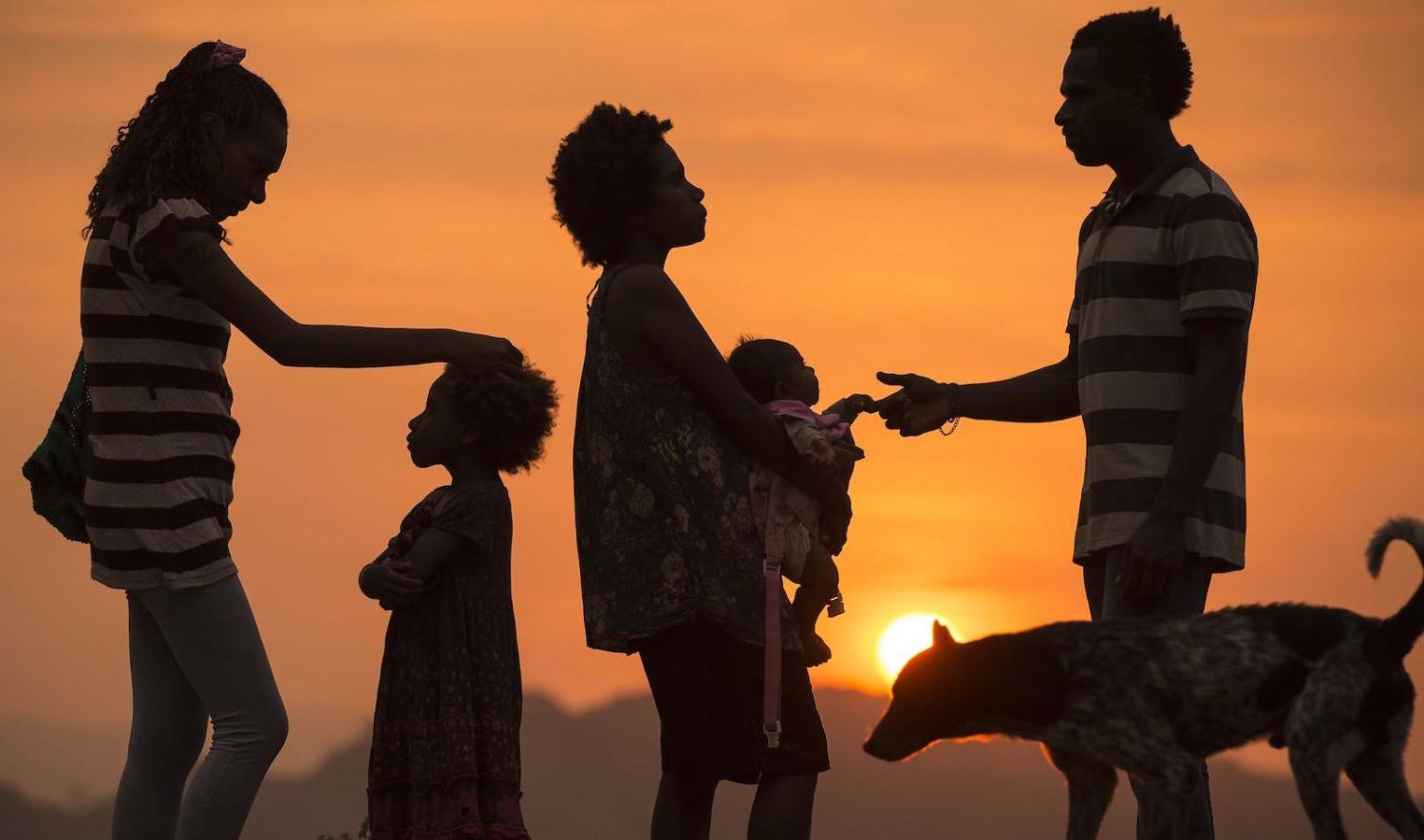- Russian millionaire is in discussions with the government of Kiribati to lease three uninhabited islands, on which he plans to establish an 'alternative Russia' and revive the Romanov Empire.
- The Right to Information Act has been signed into law in Vanuatu and local are journalists preparing to file their first requests.
- At Devpolicy, Julien Barbara and Kerryn Baker have proposed an evidence-based approach to address the significant underrepresentation of women in Pacific politics.
- Ahead of upcoming elections in PNG, the government is moving to increase the election nomination fee.
- The PNG Government is also is organising to deport up to 60 asylum seekers from Australia's offshore detention centre on Manus Island within a few weeks
- An Iranian refugee is expected to face court in Papua New Guinea, charged with falsifying passport documents, after attempting to seek asylum in Fiji
- Brisbane author Ian Townsend has written a new novel telling the story of an 11-year-old Australian boy executed by the Japanese for espionage in World War II in Rabaul, Papua New Guinea.
- The Pacific Islands Climate Action Network has written an open letter to the Australia's Ambassador for the Environment Patrick Suckling, calling for Australia to take more decisive action on the issue, and criticised the Ambassador’s support of coal projects.
- At the ABC, Jo Chandler recounted the true story of how the von Trapp family from 'The Sound of Music' taught music and trained a choir in Papua New Guinea.
- The extremely rare tagimoucia flower, indigenous to Fiji, is now threatened due to over-picking and a lack of protection.
Pacific Island links: Alternative Russia, Australia's coal, women in politics, and more
A Russian millionaire is in discussions with the government of Kiribati to lease three uninhabited islands.

Papua New Guineans in Port Moresby, 2016 (Photo: Flickr/UN Women in Asia and the Pacific)
Published 8 Feb 2017
Follow @harrietrsmith
You may also be interested in
The US Commander of the United Nations Command in South Korea, General Brooks, wants to 'revitalise' it.
Countries spy to overcome an information deficit. But we now live in a world of information super-abundance.
